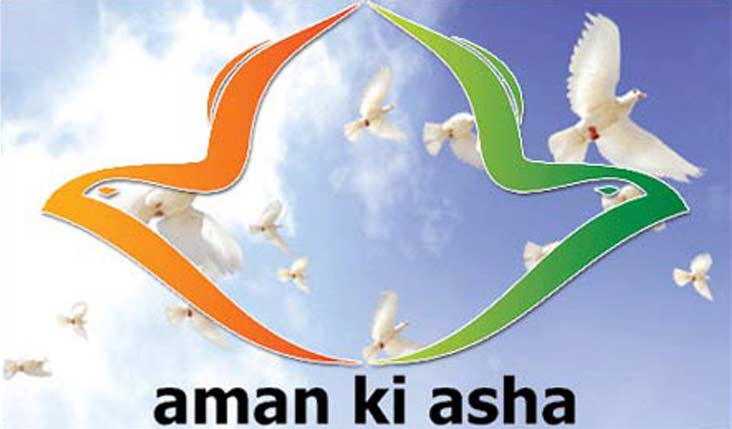The Hindu
‘Leadership has failed to translate tremendous warmth between the people into concrete results’
‘Business creates vested interests and once there is interest there will be peace’
NEW DELHI: Liberal trade ties, renewed people-to-people contact and civil society taking the lead to forge alliances across the border are some of the steps suggested by a group of business and media representatives from Pakistan to bring about a thaw in Indo-Pak relations and also to foster business.
The representatives, who are in the country as part of the Indo-Pak CEOs Forum, said India needs to ensure that the most favoured nation status for Pakistan is implemented in letter and in spirit. They regretted that the laws in both countries have had a limiting impact on trade and that visa regulations continue to make travel an arduous exercise.
Addressing a group of media persons at an interaction organised by the Indian Women Press Corps, Amin Hashwani, president of the India-Pakistan CEOs Forum, said: “It is a freak of nature that there is a strange chemistry between Indians and Pakistanis, despite the three wars that we fought. Whenever we meet in our individual capacity, there is tremendous warmth between people. It is the failure of the leadership that they have not been able to translate this warmth into concrete results for our betterment.”
Urging the civil society to take over from where the politicians and the leadership have faltered, Mr. Hashwani said: “We cannot blame out politicians, we need to look at ourselves. We cannot even look at the millions who live below the poverty line; we have to look at the few super lucky who have the knowledge, the money and the experience to build bridges.”
With mounting tensions over territory and water issues expected to escalate in the next few years, the representatives made a strong pitch for strengthening of ties at various levels. “Business creates vested interests and once there is interest there will be peace. We need sustainable ties and business can be the anchor,” he said.
Ameena Saiyid, managing director of Oxford University Press and president of the Overseas Investors’ Chambers of Commerce and Industry, made a case for “positive stories” to be the focus of media reports emanating from Pakistan.
“One way to improve the relationship between the two countries among all stakeholders is to write positive stories about Pakistan.” Books, she said, are another area which could help bridge the two countries.The visitors rued that government norms that forbid transmission of television channels across the borders were also coming in the way of people-to-people contact. While Pakistan has been a market for Indian films, there are restrictions on airing of Indian entertainment and news channels.
Visa restrictions and difficulty in travelling across the countries was also discussed. “There are ridiculous restrictions. Terrorists don’t come on visas. There are only about 100 SAARC visas offered to the business community. Why not extend the same to journalists and artistes?” questioned Beena Sarwar of the Jang Group.
Wajid Jawad, managing director of Associated Industries (Garments) Pakistan Limited, pointed out that with more opportunities for trade between the two counties, the business class can emerge as the strongest lobby for peace.








